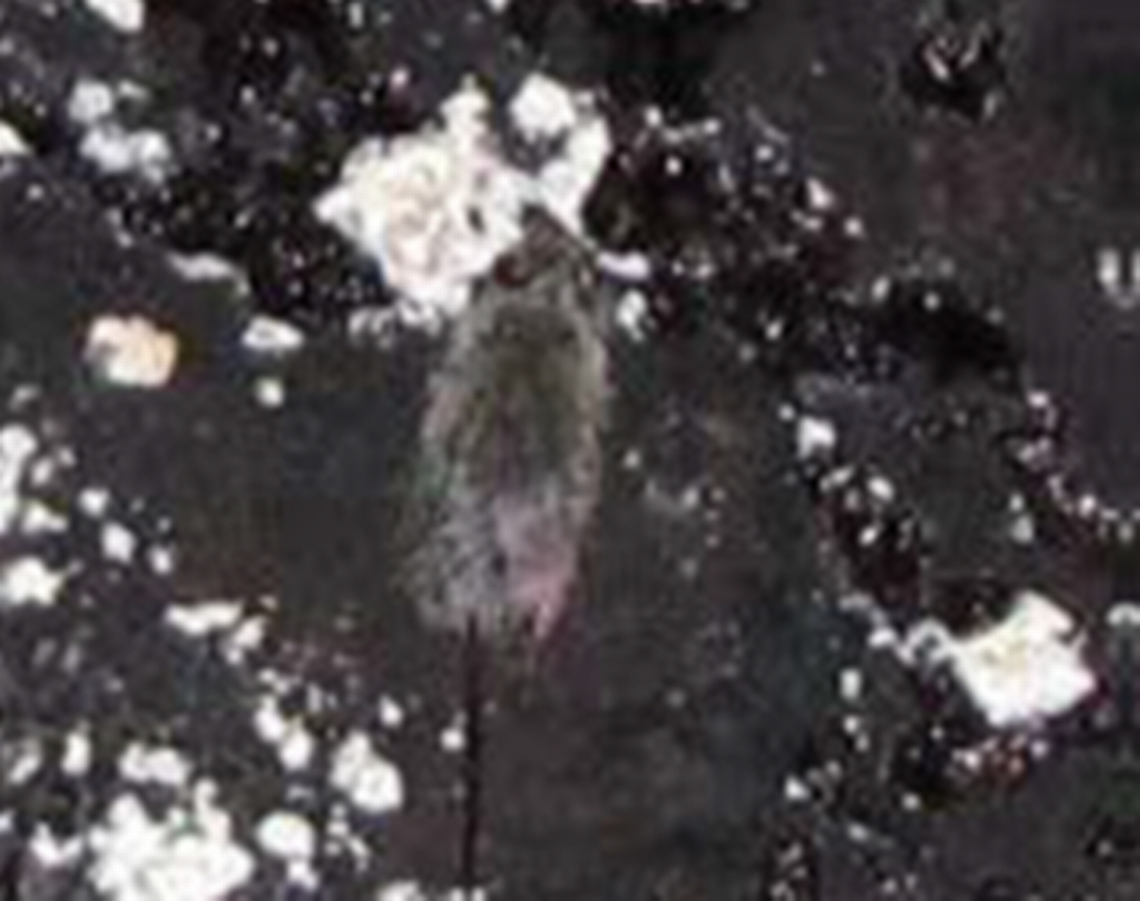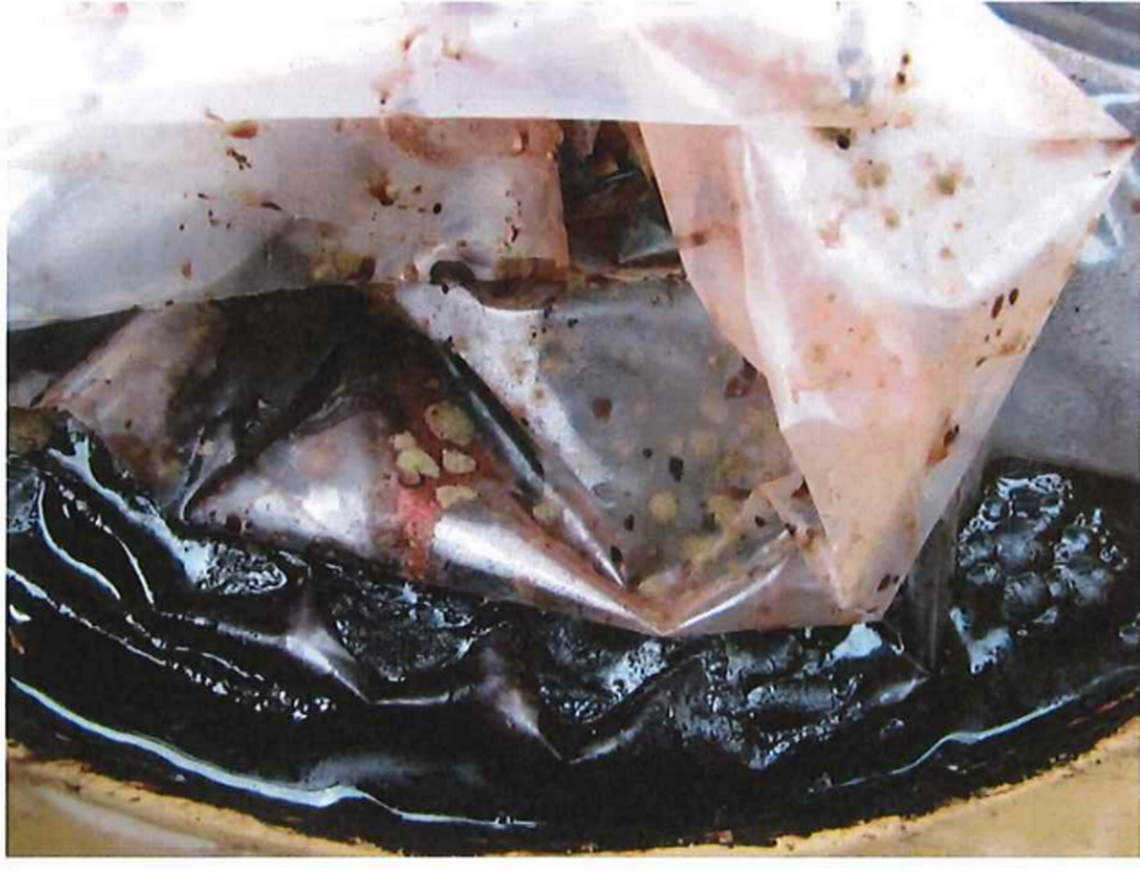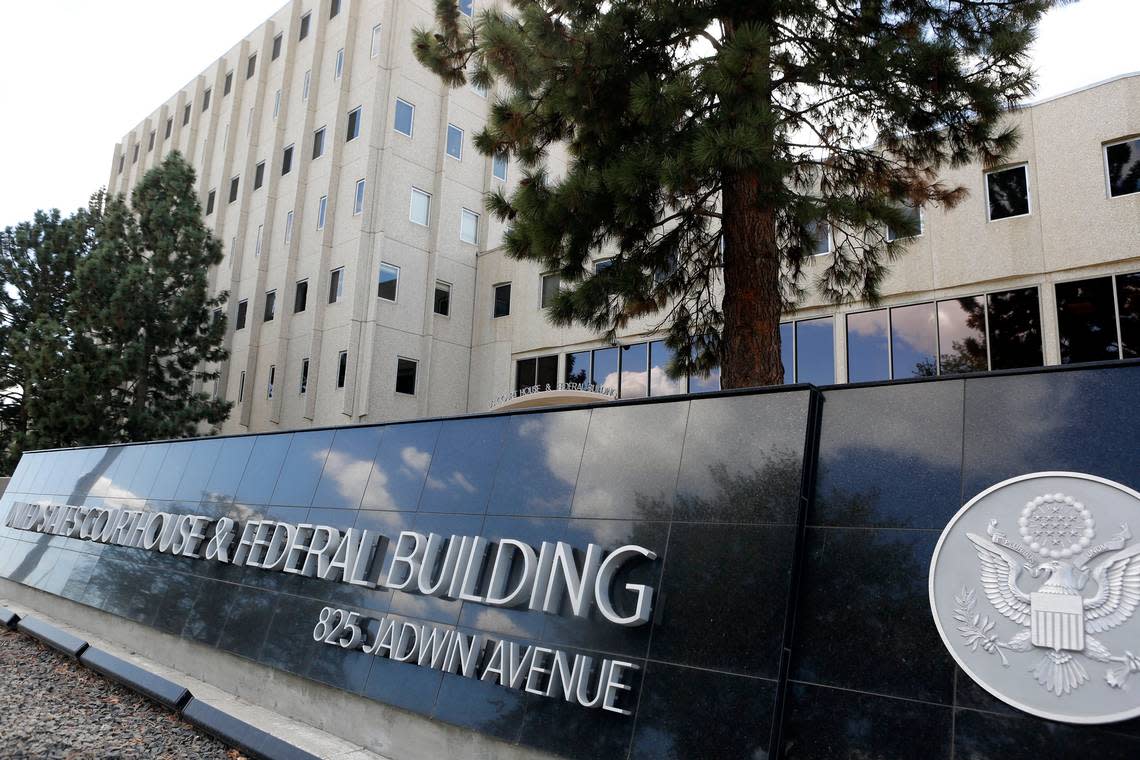Putrid and rotten fruit used in juice for school lunches, says Eastern WA indictment
The 80-year-old owner of a Sunnyside fruit juice plant has been indicted federally on accusations the plant sold hundreds and thousands of gallons of juice and concentrate made from rotten, moldy and filthy ingredients.
Some of the juice ended up in school lunch programs.
Valley Processing Inc. stored some juice and fruit concentrate outdoors in summer heat and winter cold, sometimes for years, in inadequately covered containers before it was sold for human consumption, according to allegations in court documents.
Decaying remains of animals, bird and rat feces, dog and cat hair, feathers, fur and insects were found in stored drums or vats of concentrate and other fruit product, according to court documents.
Rather than waste the product, concentrate that was putrid and years old was blended with newer concentrate and labeled with a new lot number and date of production and sold by Valley Processing, owned by Mary Ann Bliesner, according to court documents.
Both Bliesner and her company were named in the indictment filed this week in federal court.

Each faces 12 felony counts, including fraud, conspiracy, false statements and violating food safety laws, after allegedly lying to regulators and selling apple and grape juice concentrate worldwide that was unsafe and misbranded between October 2012 and June 2019.
Valley Processing has not operated since early 2021.
Live rat in juice tank alleged
Problems came to light after the Food and Drug Administration was tipped off in 2018 that the plant had storage facilities that it had not registered with the FDA to prevent the FDA from inspecting them.
In 2016, Bliesner told inspectors that the plant consisted of three main processing plants at 108 Blaine Ave. and nearby frozen storage facilities.
She concealed from inspectors that two buildings elsewhere were used to store food product, including a facility on Grape Road with hundreds of thousands of gallons of grape juice concentrate, according to a court document.
In 2018, she told inspectors who had been alerted to additional food storage sites that the Grape Road facility was “off-limits” and that it had been unsafe to enter for three years, according to court documents.
She told staff to place caution tape at the entrance and stairs leading to tanks holding grape concentrate, according to the indictment.

When inspectors went to the Grape Road facility in May 2018, they found one concrete tank with a layer of mold and crust so thick and firm that a live rat was walking on top of it, according to a court document. A photo of the rat was filed in court documents.
Tests of samples of the concentrate stored at the facility found it was contaminated with bird and rodent feces, fur, insects, decaying remains of animals, mold, yeast and other contaminants, according to a court document.
The facility was used to store product from past grape harvests, some years ago, according to court documents.
It had some grape juice stored in a cold room and in refrigerated storage tanks, but also had three 26,000-gallon capacity tanks that were open to the elements were insufficiently cooled by an air condenser that blew cool air across their tops, according to a court document.
At times they were partially covered by a plastic liner.
Just two months before inspectors saw the live rat in one tank, the plant had transferred 105,000 gallons of grape juice concentrate into 55 gallon drums to prepare grape juice concentrate for shipment and sale, according to a court document.
Accusations of juice rotting
Inspectors also learned of and inspected the plant’s Blaine Avenue facility, finding drums in May 2018 that had juice concentrate and juice stored outside at ambient temperature. Some had been rotting and fermenting for years.
Some of it was produced as early as 2011, but was still being used to fill customer orders, some as-is and some blended with newer product, but not necessarily repasteurized, according to a court document.
Inspectors also found solid sediments that had settled to the bottom of drums of grace juice concentrate, filling a quarter of the drums with what were called “bottoms.”

During seasonally slow times at Valley Processing, water would be added to the bottoms and the mixture would be reprocessed.
The intent was to conceal the old, rotten and moldy grape bottoms and sell the resulting juice concentrate as recently produced product, according to a court document.
Valley Processing also used its Briner Building on South First Street not only as a maintenance building, but to store grape juice concentrate for many years in drums in a room that was cooled but was not temperature controlled.
The concentrate was sold as-is, blended with newer products or re-hydrated, reprocessed and repasteurized with a new lot number and production date, according to a court document.
Owner accused of lying
Bliesner and Valley Processing also face accusations they falsified information about tests for dangerous contaminants or did not do tests.
From summer 2017 to summer 2018 the plant shipped 19 lots of apple juice concentrate that had been blended or reworked from 2016 product.
The concentrate was not checked for arsenic, a potential problem for apple juice products, until late summer 2018. The results showed arsenic at more than double the FDA limit of 10 parts per billion, according to a court document.
From 2014 to March 2017, employees of the plant were told to falsify information about patulin, a mold toxin that can be found at high levels on rotten, bruised or improperly stored apples, according to a court document.
Defendants were told to list patulin testing on apple juice products as pending, when no testing was done or test results showed levels that exceeded FDA limits, according to a court document.

In November 2020 the Department of Justice asked the federal court to prevent Bliesner and Valley Processing from producing and selling juice and juice projects.
Two months later they agreed to stop manufacturing and selling any food.
If convicted Bliesner faces a maximum sentence of up to 20 years in federal prison and her company faces fines of $500,000 or more for each of the 12 counts in the indictment.
The case is being prosecuted by Dan Fruchter and Tyler Tornabene, assistant U.S. attorneys in the Eastern District of Washington U.S. Attorney’s Office, and trial attorney James Hennelly of the Department of Justice Consumer Protection Branch.
